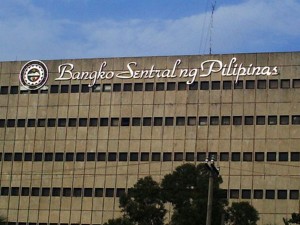
Regulators have called on banks to be more cautious in managing their computer systems, ordering that lenders stop using unlicensed or pirated software in any part of their operations, lest they open themselves up to risks. INQUIRER FILE PHOTO
MANILA, Philippines–Regulators have called on banks to be more cautious in managing their computer systems, ordering that lenders stop using unlicensed or pirated software in any part of their operations, lest they open themselves up to risks.
The Bangko Sentral ng Pilipinas (BSP), which recently became more open about the use of new technologies in the local banking sector, warned that lenders should remain vigilant.
Banks were told to “to optimize use of acquired software and limit or minimize risks from unauthorized and obsolete software.”
“Guidelines and procedures on installation, use, maintenance, and retirement should be formally defined,” the BSP said in a circular issued late last week.
Given the sensitive nature of their operations, banks should be more mindful of the applications that are installed in any part of its information technology (IT) infrastructure. The use of unauthorized software may make banks more vulnerable to cyber-attacks by criminals looking to steal data or money from the public.
Apart from being careful about the types of applications used, banks should also make sure that all their software have their proper licenses.
“Licenses should be adequately reviewed, kept safe and monitored to ensure proper usage and adherence to terms and conditions,” the BSP said.
Procedures for the retirement of outdated software should also be clearly defined, the BSP said.
In recent months, the central bank has been more tech-savvy in crafting regulations; on one hand allowing banks to innovate through the use of IT solutions, while on the other hand reminding the industry that it was well aware of all the risks involved.
Last August, the BSP allowed banks to make use of cloud computing technology to improve their operations—a rule targeted at letting small banks offer services such as Internet banking and mobile payments, which in the past only larger players could afford.